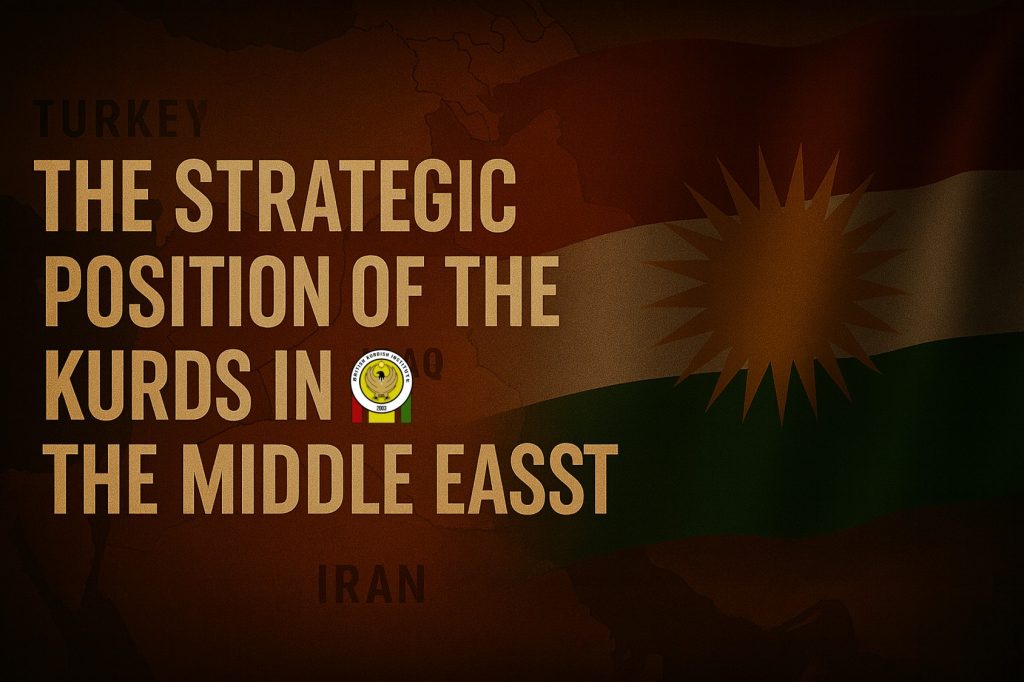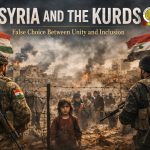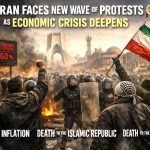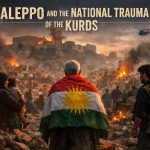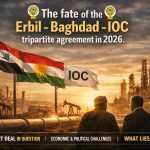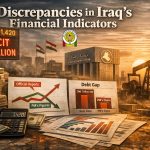Introduction: Why the Kurds Matter in the Middle East
The Middle East is a region defined by complexity, rich cultures, and intense geopolitical struggles. Among its many ethnic groups, the Kurds stand out for their resilience, cultural identity, and growing influence on regional and international politics. Spread across Turkey, Iraq, Iran, and Syria, the Kurdish people have faced a century of marginalization, yet they remain central to the region’s future. Understanding their strategic role in Middle Eastern geopolitics is essential to grasp the dynamics of regional stability and global power competition.
Historical Context: The Roots of Kurdish Nationalism
The modern Kurdish question has its roots in the post–World War I era.
-
The Treaty of Sèvres (1920) promised self-determination for the Kurds.
-
However, the Treaty of Lausanne (1923) ignored these promises, leaving millions of Kurds divided across newly drawn state borders.
Decades of cultural suppression and political exclusion followed. In Turkey, the PKK (Kurdistan Workers’ Party) emerged in 1978, initially demanding full independence before shifting toward autonomy. In Iraq, the Peshmerga played a decisive role in resisting Saddam Hussein’s regime and later gained formal recognition after the U.S.-led invasion of 2003. These historical struggles shaped today’s Kurdish political landscape and continue to influence their strategies for autonomy.
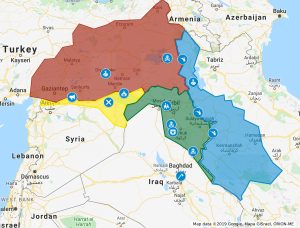
Current Geopolitical Landscape: A Divided Kurdistan
Iraq: A Model of Autonomy
The Kurdistan Regional Government (KRG) stands as the most advanced Kurdish experiment in self-rule. With its own parliament, security forces, and control over oil resources, Iraqi Kurdistan operates with significant autonomy. The KRG has become a model for federalism in the Middle East, though disputes with Baghdad over revenue-sharing and constitutional powers remain major obstacles.
Turkey: A Prolonged Conflict
Turkey hosts the largest Kurdish population, yet it also represents the most entrenched conflict. The decades-long struggle between the Turkish state and the PKK has cost tens of thousands of lives. While a peace process briefly offered hope in 2013, renewed clashes since 2015—combined with President Erdoğan’s nationalist policies—have hardened divisions. This conflict not only destabilizes Turkey internally but also complicates its relations with NATO allies and the broader international community.
Syria: The Rojava Experiment
Amid Syria’s civil war, Kurdish forces established Rojava (Syrian Kurdistan)—an autonomous administration built on principles of grassroots democracy, gender equality, and ecological sustainability. Kurdish fighters were pivotal in defeating ISIS, gaining international recognition. Yet their future remains uncertain, as shifting alliances between the U.S., Russia, Iran, and Damascus threaten the fragile balance of autonomy in northern Syria.
Iran: Marginalization and Resistance
In Iran, Kurds remain heavily marginalized under the Islamic Republic. Cultural restrictions, political suppression, and economic neglect fuel discontent. Despite systemic repression, Kurdish activists continue to push for rights and recognition, often aligning with broader Iranian movements demanding reform. With Iran facing growing domestic and international pressure, Kurdish grievances may become a significant factor in shaping the country’s political future.
Strategic Alliances: External Powers and the Kurdish Question
The Kurds’ strategic position is shaped not only by their internal dynamics but also by their relationships with global powers.
-
United States: The Kurds have long been Washington’s most reliable partners in counterterrorism, particularly against ISIS. However, shifts in U.S. policy often leave Kurdish groups vulnerable to regional power plays.
-
Russia and Iran: Both view Kurdish autonomy with caution, supporting or opposing Kurdish movements depending on their regional strategies.
-
Turkey and Iraq: While opposing Kurdish independence, both states engage with Kurdish leadership when it aligns with their economic or security interests.
These shifting alliances highlight the Kurds’ double-edged position: indispensable as partners yet constantly at risk of abandonment.
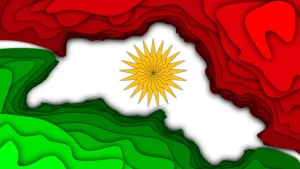
Conclusion: The Kurds and the Future of the Middle East
The Kurds remain a decisive factor in the Middle East’s future.
-
In Iraq, they demonstrate how federalism can work, even if imperfectly.
-
In Turkey, they symbolize the struggle for recognition against entrenched nationalism.
-
In Syria, they experiment with bold governance models amid chaos.
-
In Iran, they reflect broader calls for democracy and reform.
As the world transitions into a multipolar order, the Kurds’ strategic position will continue to shape not only their own destiny but also the trajectory of Middle Eastern politics. Their resilience, alliances, and pursuit of autonomy ensure that the “Kurdish question” will remain at the center of debates about regional stability, security, and the balance of global power.

